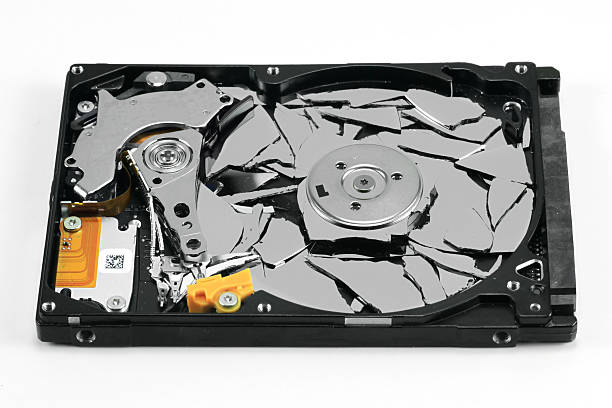Hello @bbbhltz and @Flash
@flash, my experiences is similar to others here. Yes, I have had stick failures and no way to use; thus inability to reformat or store means they landed in the trash.
@bbzhltz I have a comment and a question:
I use DO NOT have any OS installed on a USB stick. In the past, I have installed non-RAM OSes on a USB drive. I am aware of the performance differences of running an OS over a USB port vs via PCI on a motherboard. But, for such, I had little problems in use of those drives.
I dont install OSes on a stick because my experience know that stick's reliability, for me, does not compare to SSD/HDDs. This, is not just me, it is knowledge known in the industry.
BUT (yes I know its a big 'but') for RAM base systems I will use USBs to boot ISO launchers such that since 2019, I use my USBs merely to boot ISO launchers. This is because there is NO writes to the ISO launcher disk, at all, when the OS(s) is running. An ISO boots to desktop from the launcher and no other activity is ever done to the USB following the ISO launch. THUS, I should NEVER have any issue with these 'launch' USBs...ever. This is because the ONLY time the USB is written to, is when it is, either
launcher updating (very rare)
adding new ISO files
deleting old ISO files
I think you can see this use will result in error-free operations much longer than I will live.
In all of my cases, all persistence from one use to another is maintained on a partition of a drive connected to my PC's motherboard. This is because motherboard storage has much more reliable, stable, and yields pretty constant performance expectations.
So for the past 5 years, I have operated trouble-free versus storage use comparisons to all the years prior.
YMMV in whatever use scenario you choose.
